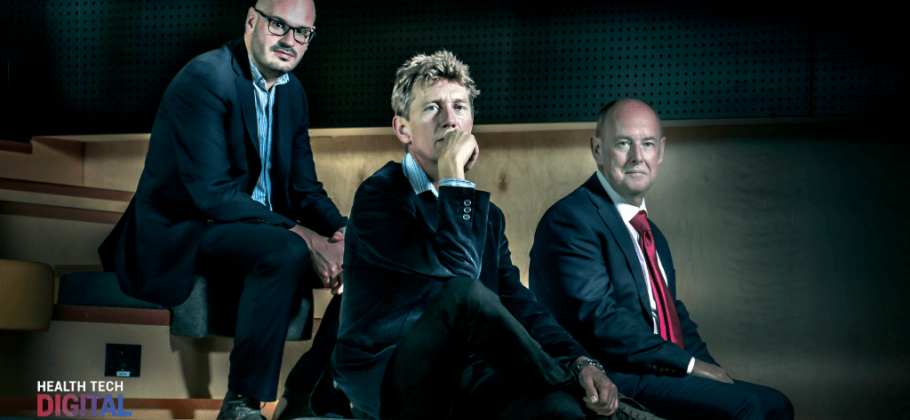If we are implementing IT changes within the NHS that has a potential clinical effect then clinical safety is important, and so the CSO role in a primary care setting is necessary, not optional, says Dr Ian Jackson, Medical Director and Clinical Safety Officer at Refero.
The Clinical Safety Officer (CSO) role was originally developed following lessons learned during the National Programme for IT. The National Patient Safety Agency was commissioned to review the programme in 2004 – ultimately concluding that clinical safety was not being addressed in a pro-active manner.
Since its introduction, the CSO role has received mixed feedback from healthcare professionals. Initially there was very little interest, most likely due to the lack of understanding around new and emerging healthcare technologies. The first set of guidelines were also very cumbersome and difficult to follow. But over time, HSCIC (now NHS Digital) improved the guidance and encouraged the development of the role, with a training and accreditation process.
Secondary care leading the way for safety
Today, the role has become popular in secondary care; the safety of IT is becoming more pervasive across the sector, and so people clearly see its importance. Software developers have also become very aware that they too have a duty of care, and many have introduced the CSO role.
Within software development, the CSO role aims to complete clinical safety analysis of any software being developed, to undertake clinical hazard assessment workshops with the team trying to identify potential hazards for patients. Each hazard is assessed against how likely it is to occur and the seriousness of the outcome for patients if it did happen. Then we review each hazard as a team and consider how that hazard might be mitigated so that the risk for each hazard identified is as low as possible.
With a few exceptions the same recognition of the importance of the CSO role cannot be found in primary care, despite it being equally as essential.
As we move to implementing new systems, our focus is always on improving and futureproofing, so there is an invested interest in ensuring they integrate, so that we can achieve interoperability across the NHS. There is huge interest in the next generation of IT systems for Primary Care and a move to interoperability, but how many of these are being developed and implemented following the required clinical risk management systems both for development and for the roll out? For example, the move to teleconsultation and online patient symptom checkers are seemingly innocuous, but how many people are completing safety assessment and ensuring that any potential patient risks are recognised and mitigated?
Bottom line, if we are implementing IT changes within the NHS that has a potential clinical effect then clinical safety is important, and the CSO role is necessary and not optional.
Primary care networks – the way forward
The structure in a primary care setting would need to be different of course. We simply couldn’t have a trained CSO in every GP practice. However, it could be something that is provided as part of a system – the primary care networks mentioned in the 10-year plan, for example, where GP surgeries are amalgamated, and thus work together, could prove to be the solution for the CSO role.
Nursing staff and various medical professionals can now become CSOs, it doesn’t have to be a doctor; but it does need to be someone with appropriate training, knowledge of the organisation and knowledge of new and current systems. A potential future challenge for CSOs is the size of their workloads. The sheer amount of software being developed and implemented in our Trusts is staggering. Secondary care CSOs will continue to be very busy, ensuring ongoing safety of current systems, monitoring them for faults, and mainly, with the process of implementing new systems. So I can understand the reluctance for a small GP surgery to even consider a role like this. But, there really does need to be that someone who has the overall overview for safe implementation of software, if the NHS is to truly embrace a digital culture and learn from the past.
 Author: Dr Ian Jackson is the Medical Director and Clinical Safety Officer at Refero. He is an experienced Chief Clinical Information Officer with a demonstrated history of working in the hospital and health care industry. Refero’s telecommunications service helps patients better communicate with clinicians, enables GPs to interact more closely with students, and provides a platform for engagement for vulnerable children and adults, connecting them with their support networks via an app.
Author: Dr Ian Jackson is the Medical Director and Clinical Safety Officer at Refero. He is an experienced Chief Clinical Information Officer with a demonstrated history of working in the hospital and health care industry. Refero’s telecommunications service helps patients better communicate with clinicians, enables GPs to interact more closely with students, and provides a platform for engagement for vulnerable children and adults, connecting them with their support networks via an app.













